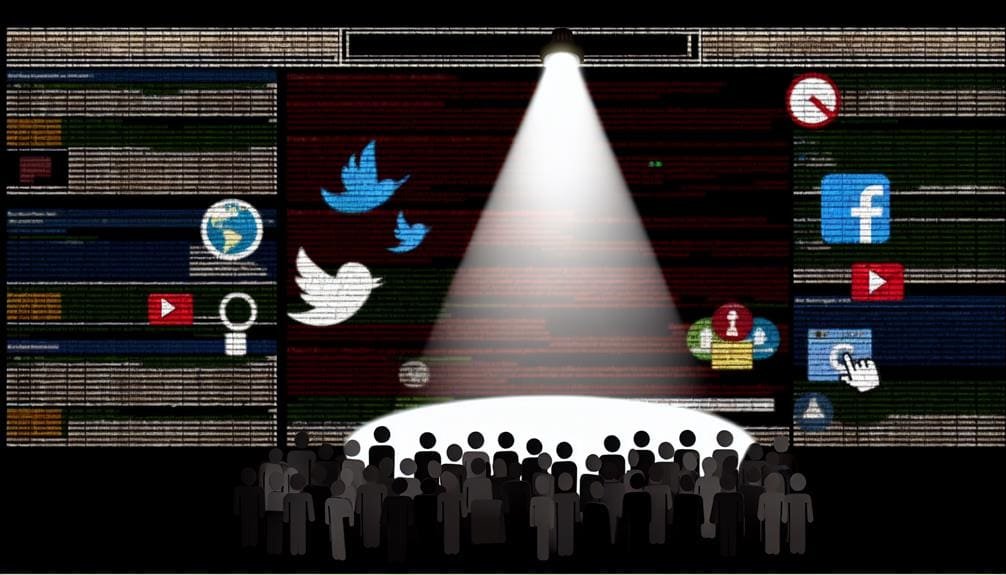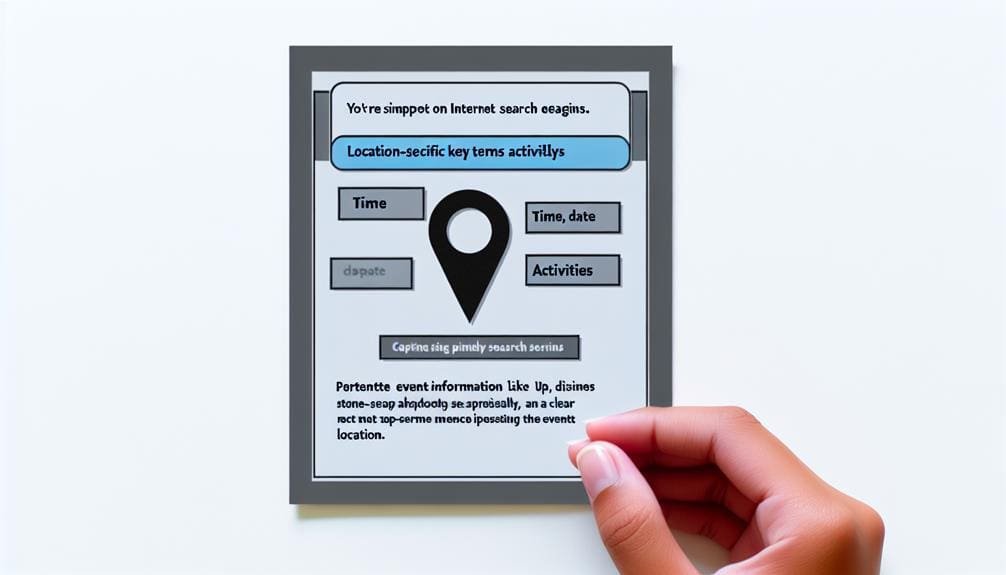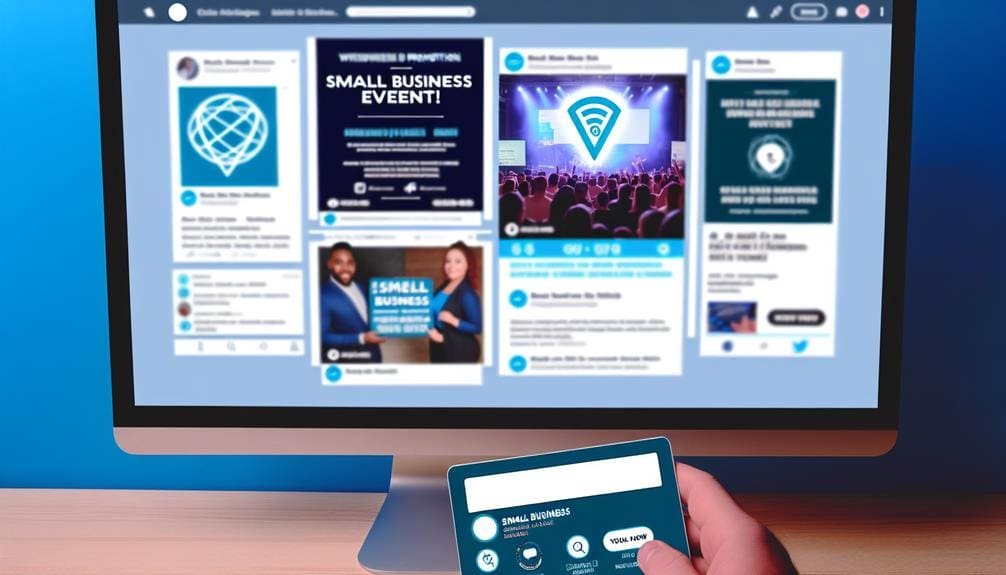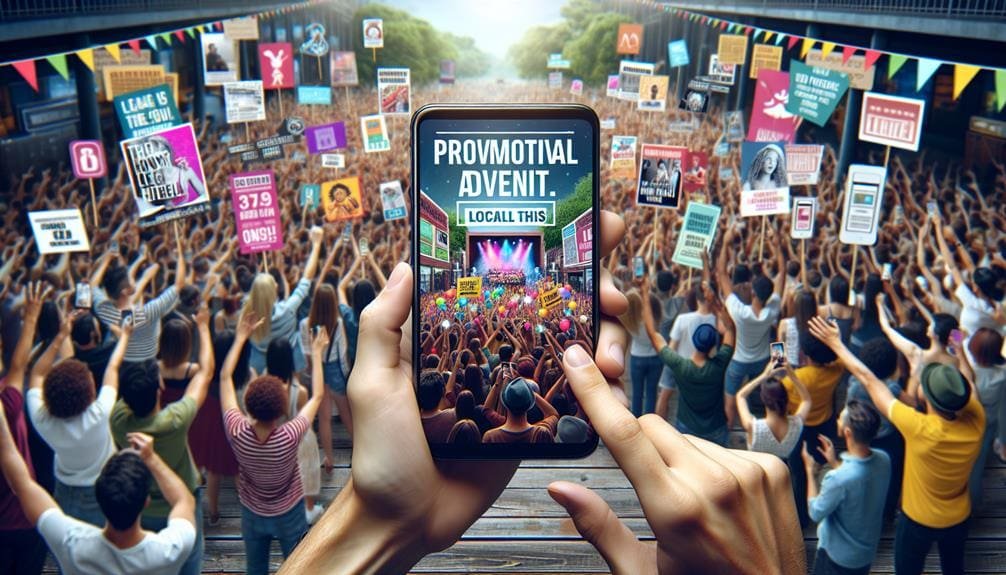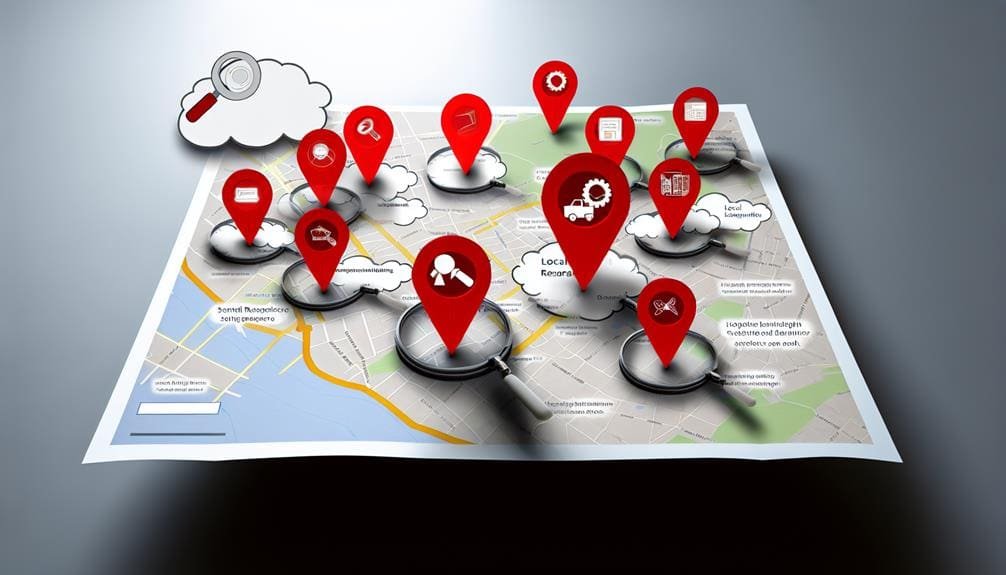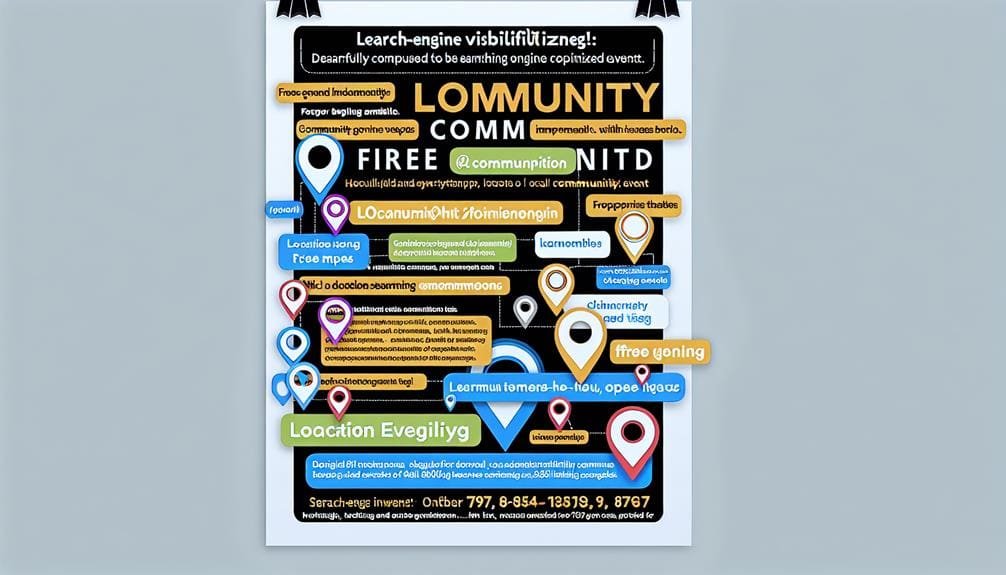Local Festival SEO: A How-To Guide
Reading Time: 4 minutes When it comes to local festival SEO, there are key strategies that can significantly impact your online visibility and attract a larger audience to your event. As organizers, we understand the importance of optimizing for local search and leveraging digital platforms to drive attendance. But how exactly can you ensure that your festival stands out in local search results and reaches the right audience? Well, we've gathered actionable insights and data-driven techniques to help you navigate the world of local festival SEO effectively. From optimizing your Google My Business profile to leveraging local event backlinks, we've got you covered. Understanding Local Festival SEO Understanding Local Festival SEO is essential for businesses looking to maximize their online visibility and attract local customers to their events. Local festival SEO involves optimizing for local search, ensuring that your event ranks well in Google searches within your local community. To achieve this, thorough keyword research tailored to local events is key. By understanding the local community and the language they use when searching for events like yours, you can effectively target the right audience. Engaging with local influencers and collaborating with them to promote your event can significantly boost your online presence and reach. Furthermore, working with a digital marketing company that specializes in local SEO can provide valuable insights and strategies to enhance your visibility. Consistent NAP (Name, Address, Phone number) across online directories and platforms is crucial for local festival SEO, as it establishes trust and credibility with both search engines and potential attendees. Additionally, creating local content, ensuring mobile-friendliness, and utilizing event-related keywords and event schema markup are actionable strategies that can greatly impact your local festival SEO success. Optimizing Google My Business for Festivals To enhance our festival's online visibility and attract local attendees, we will optimize our Google My Business listing by claiming and verifying it and using Google Posts to share updates, news, and events. Optimizing Google My Business is crucial for local festivals as it directly impacts local SEO and visibility on Google Maps. By ensuring the accuracy of our festival's name, address, and phone number (NAP) across all online directories and citations, we improve our local search ranking and make it easier for potential attendees to find us. Encouraging festival-goers to leave authentic reviews and ratings on our Google My Business page not only enhances our reputation but also boosts our SEO performance. Regularly monitoring and updating our Google My Business listing allows us to adapt to changes and trends, maximizing our online presence and reach. The table below highlights the key steps for optimizing Google My Business for festivals. Key Steps for Optimizing Google My Business Claim and verify your listing Use Google Posts for updates Ensure consistent NAP Leveraging Social Media for Festival Promotion Engage the local community and expand our festival's reach by leveraging social media platforms for promotion. By utilizing social media, we can actively connect with our local audience and extend our festival's visibility. Here's how we can effectively leverage social media for festival promotion: Create engaging posts and share festival updates to keep the local community informed and excited about the event. Develop and promote event pages on various social media platforms to reach a wider audience beyond our immediate locality. Encourage festival attendees to share their experiences on social media using a dedicated hashtag, amplifying our online presence and generating user-generated content. Collaborate with local influencers and community groups to help spread the word and increase our festival's visibility among the local audience. Embracing these strategies will not only enhance our local SEO but also strengthen our online presence, enabling us to effectively promote our festival within the local area. Additionally, leveraging targeted social media ads will allow us to reach potential festival-goers in the local area, further maximizing our festival's exposure and engagement. Implementing Local Content Strategies for Festivals Local content strategies for festivals involve creating location-specific material to engage local audiences and drive meaningful connections within the community. Utilize event schema markup to enhance the visibility of festival details in search results. This will help the festival stand out and provide key information directly on the search page, increasing the likelihood of attracting local attendees. Promote local events using social media and event listing platforms to reach a wider local audience. Encourage local businesses to collaborate on content creation and backlinking, which not only strengthens the festival's online presence but also fosters partnerships within the community. Highlight positive online reviews to build trust and credibility for the festival. Positive feedback can influence potential attendees' decisions and demonstrate the festival's value to the local community. Additionally, optimizing location pages and ensuring the festival is listed on Google Maps can boost visibility in mobile searches and "near me" queries, making it easier for locals to find and engage with the event. Utilizing Local Event Backlinks for SEO Utilizing local event backlinks is a strategic approach to enhancing a website's SEO visibility within the community and increasing its authority in local search engine results. Here are some actionable tips for leveraging local event backlinks to boost local festival SEO: Actively participate in local events and festivals to establish relationships with organizers and other local businesses, increasing the likelihood of receiving backlinks from event websites. Create compelling, shareable content related to local events, such as event announcements, recaps, or interviews with organizers, which can attract backlinks from other local businesses or media outlets. Encourage attendees, sponsors, or partners of local events to link back to your website, possibly through sponsor recognition, event partnership pages, or press releases, to improve your backlink profile. Leverage social media platforms to promote local events and engage with the community, increasing the likelihood of organic backlinks from local influencers, bloggers, or attendees. Frequently Asked QuestionsHow to Do Local SEO Step by Step? We start local SEO by conducting thorough keyword research for on-page optimization. Local citations, Google My Business, and local content play vital roles in our strategy. Mobile optimization and user experience are essential,





